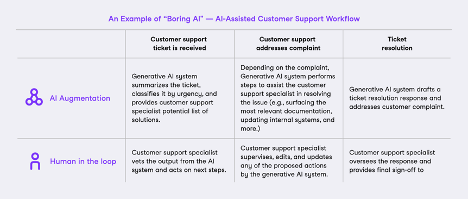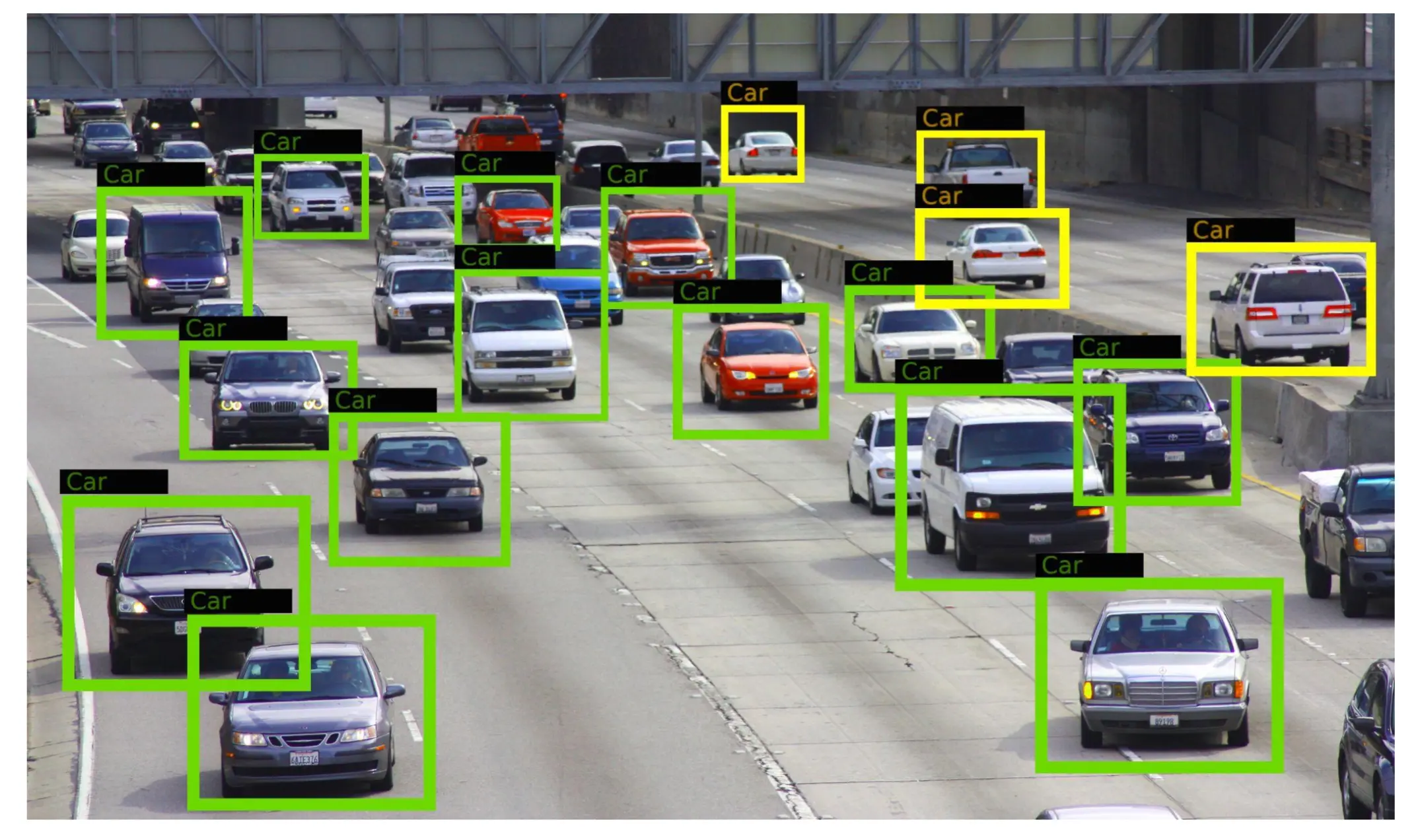- Publication: DataCamp
- Publication Date: 2024
- Organizations mentioned: DataCamp, Gartner, Anaconda, Forrester, Goldman Sachs
- Technical background required: Low
- Estimated read time (original text): 40 minutes
- Sentiment score: 60%, Neutral
The report explores the impact and future of generative AI, with a focus on how it’s reshaping business operations and professional roles, particularly in data and AI fields.
TLDR
Goal: The report by DataCamp, a renowned e-learning platform specializing in data science and analytics, aims to explore the impact and future of generative AI in reshaping business operations and professional roles. This focus is driven by the increasing significance of AI in the modern data and technology landscape, where understanding and leveraging AI has become crucial for business success and innovation.
Methodology:
- The report employs a comprehensive analysis of current trends in generative AI, incorporating expert opinions, market research, and case studies.
- It evaluates the application of AI in various business scenarios, emphasizing real-world examples and practical implications.
- The methodology includes a forward-looking perspective, forecasting future developments and potential impacts of AI technologies.
Key Findings:
- The competition between open-source and closed-source AI is intensifying, leading to significant advancements in both areas.
- Practical applications of generative AI, particularly in workflow processes, are expected to drive significant value in business, overshadowing more sensational uses.
- The trend towards smaller, specialized language models for specific sectors or tasks is emerging, complementing the existing landscape of massive, pre-trained general-purpose models.
- Discussions on AI safety and existential risks have been mostly theoretical, with actual incidents of AI risks such as data leakage being minor and isolated.
- The report identifies a skill gap in the current workforce, underscoring the importance of continuous learning in AI and data science.
Recommendations:
- Businesses should invest in AI education and training for their workforce to bridge the skill gap and stay competitive.
- It’s crucial to develop and implement ethical guidelines for AI use, ensuring responsible and unbiased applications.
- Companies are encouraged to integrate AI into their core business strategies for enhanced efficiency and innovation.
- There’s a recommendation for continuous monitoring and adaptation to the evolving AI landscape, keeping abreast of new developments and trends.
- The report suggests collaboration between various stakeholders, including educators, businesses, and policymakers, to foster a healthy AI ecosystem.
4: Thinking critically
Implications:
- The AI landscape is evolving with specialized, domain-specific models augmenting general-purpose ones, leading to a more nuanced and efficient application of AI in various sectors.
- The focus on practical AI applications over sensational ones could shift industry priorities, emphasizing utility and integration into existing workflows.
- The ongoing debate on AI safety, despite being theoretical, underlines the need for proactive measures to address potential risks as AI becomes more integrated into daily operations.
Alternative Perspectives:
- The perceived value in practical AI applications might overlook the potential long-term impact and innovation stemming from more experimental AI uses.
- The rise of domain-specific models could lead to fragmentation in AI development, possibly slowing down the pace of universal advancements in the field.
- The current minimal impact of AI safety issues may lead to complacency, potentially underestimating future risks associated with more advanced AI systems.
AI Predictions:
- AI will increasingly automate complex tasks, not just routine ones, leading to new efficiencies but also raising concerns over human job displacement.
- There will be an emergence of new industries and job roles centered around AI, such as AI ethics officers and AI integration specialists.
- Prompt engineering is anticipated to become a highly valued skill within existing job roles, enhancing the interaction with AI systems, rather than emerging as a standalone profession.
Glossary
- Generative AI Integration: The process of incorporating generative AI technologies into various business operations and strategies.
- AI-Driven Business Strategy: A business approach where decisions and processes are heavily influenced or determined by AI technologies and insights.
- Ethical AI Guidelines: A set of principles and practices designed to ensure responsible and unbiased use of AI technologies.
- AI Skill Gap: Refers to the disparity between the AI skills available in the current workforce and those required for effective AI implementation.
- AI Ecosystem Collaboration: The idea of different stakeholders, such as businesses, educators, and policymakers, working together to create a supportive environment for AI development and application.
- Prompt Engineering: The skill of crafting and refining inputs (prompts) to effectively communicate with and guide AI models, particularly in generating desired outputs from language models.
Figures


Members also get access to our comprehensive database of AI tools and fundraising



 Join hosts Anthony, Shane, and Francesca for essential insights on AI's impact on jobs, careers, and business. Stay ahead of the curve – listen now!
Join hosts Anthony, Shane, and Francesca for essential insights on AI's impact on jobs, careers, and business. Stay ahead of the curve – listen now!


